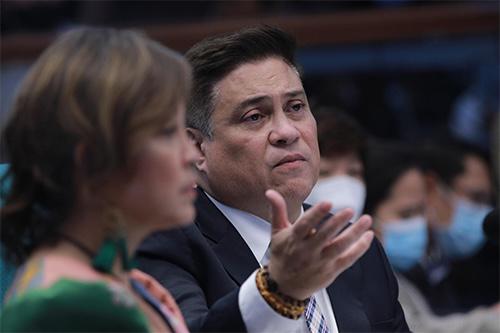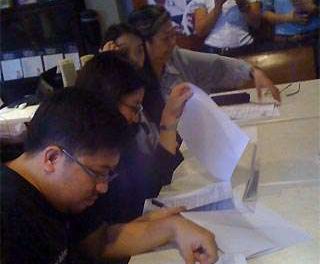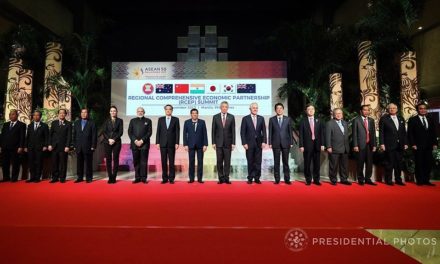Trade Justice Pilipinas’s reaction to Sen. Zubiri’s statements about possibility of PH withdrawal from RCEP
We are locked-in to obligations under RCEP. While withdrawal is possible, not so easily done!
We find it disingenuous on the part of Senate President and the main sponsor of RCEP concurrence Miguel Zubiri to be playing up the possibility of the Philippines’ withdrawal from RCEP in order to dramatize his support for the interest of the farmers and other agriculture stakeholders.
First of all, this statement on withdrawal is inconsistent with the litany of rosy projections of benefits and gains he and Senate Pro Tempore Loren Legarda made in their effort to sell RCEP to secure support of other Senators. In the course of their presentations they, in so many ways in fact, downplayed the threats arising from concerns raised by the farmers and fishers.
Second, the inclusion of the section on the President having the power to withdraw upon the recommendation of the Senate is in fact clearly allowed under the final provisions of the RCEP’s legal text under Article 20.7, which states:
1. Any Party may withdraw from this Agreement by providing written notice of its withdrawal to the Depositary.
2. A Party’s withdrawal from this Agreement shall take effect six months after the date on which that Party provides written notice to the Depositary under paragraph 1, unless the Parties agree on a different period. If a Party withdraws, this Agreement shall remain in force for the remaining Parties.
Thus, to project that this is an extra special provision in the Senate concurrence resolution to reflect their concern for protecting the national interest is a little disingenuous and overly dramatic on the part of Zubiri.
Third, while withdrawal from RCEP Is allowed on paper, this is not so easily done. In fact, perhaps the only time a country has done this was in the case of the UK leaving the European Union via Brexit. This is not an easy path to take especially for a country like the Philippines because of the possible economic and political consequences, and the fear that we would be further isolated from our trading partners. For all intents and purposes, we are already locked in to our obligations under the agreement.
In the end, this PR stunt of Sen. Zubiri only validates Trade Justice Pilipinas’s position that our policymakers and legislators are taking the business-as-usual path when the current situation requires a bolder and transformative vision to lead us out of the woods. Sen. Zubiri’s statement is typical of how our so-called leaders have been leading this country by telling the people: jump first, ask questions later.
It should have been much easier for the Senate to have heeded the warning of the peasant and trade union stakeholders about possible threats and put in place measures to mitigate these threats and support competitiveness enhancement measures prior to giving its concurrence rather than contemplating withdrawal when these threats materialize. #
Joseph Purugganan (09175460319, [email protected])










